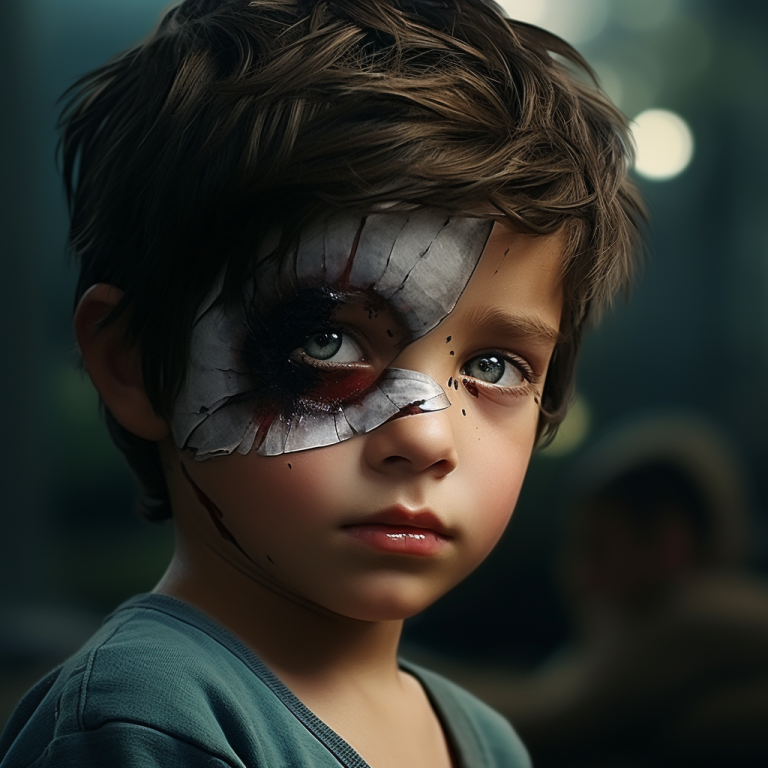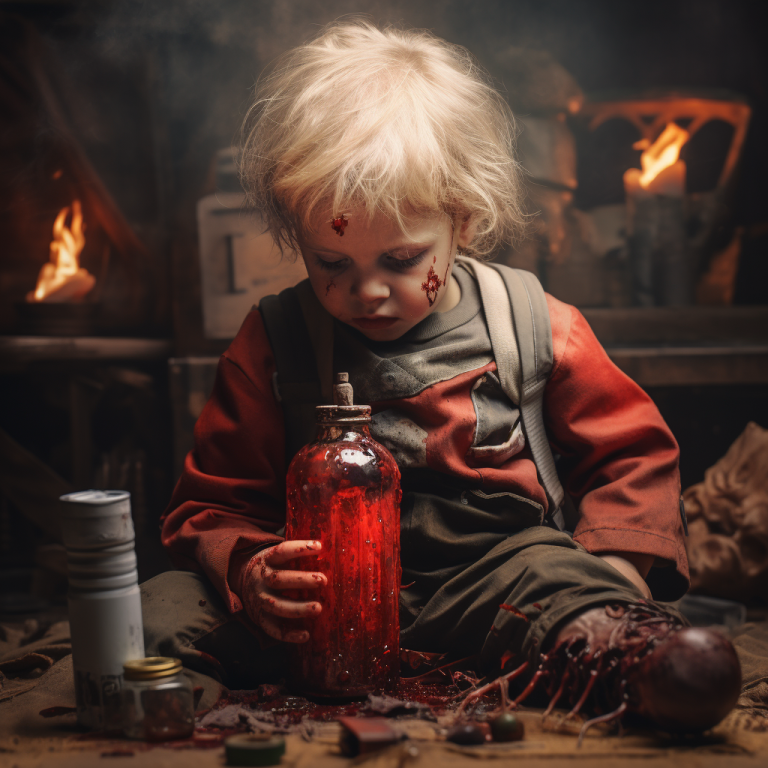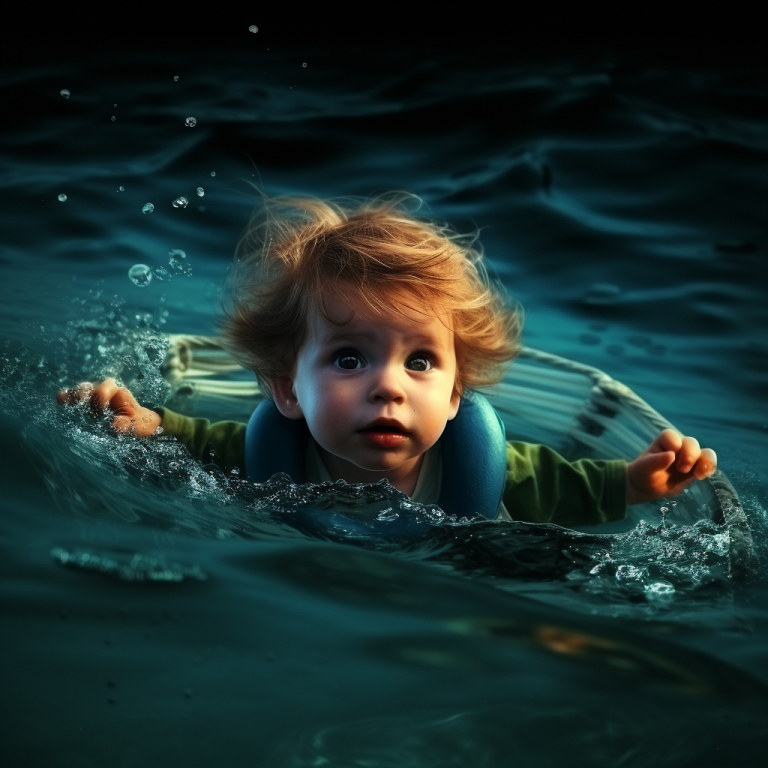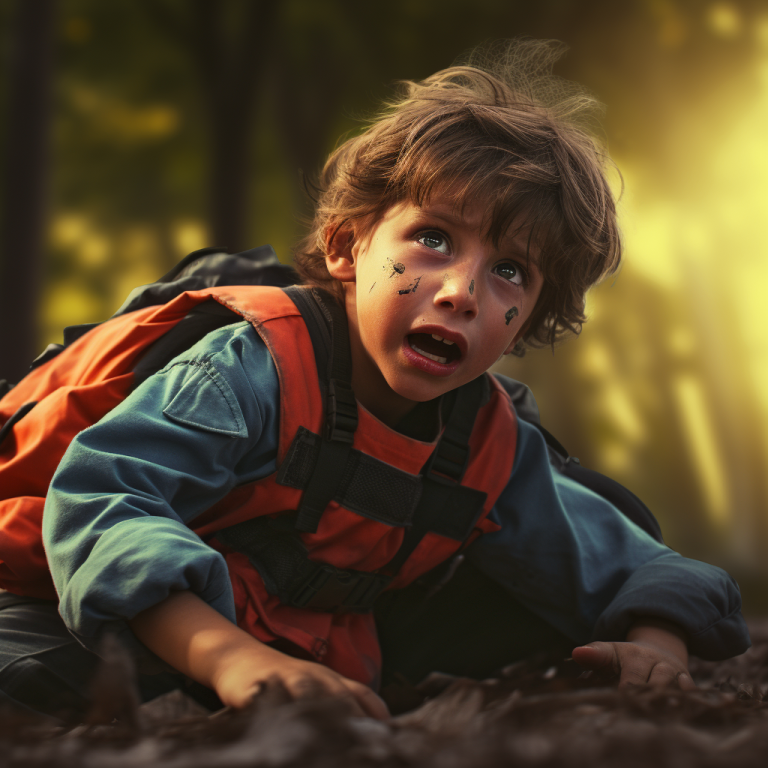Hypothermia or Frostbite
Hypothermia develops more quickly in children than in adults. Wet clothing or cold weather can lead to hypothermia. The child may appear unusually pale or have a bluish discoloration of the skin.
Frostbite is localized and often caused by inadequate blood circulation. The affected skin areas turn white and feel very cold.
Actions:
Hypothermia:
- Stay calm and speak gently to the child.
- Immediately remove wet clothing and wrap the child warmly (use a rescue blanket with the silver side facing inward, wool blanket).
- Do not allow the child to move—movement will cause further cooling.
- If the child is conscious, offer warm drinks.
- In case of cardiac and respiratory arrest, immediately start CPR (Cardiopulmonary Resuscitation) and call emergency services (112).
Frostbite:
- Stay calm and reassure the child.
- Remove tight clothing.
- Warm the frostbitten body part with water baths.
- The warming process must be gradual, with increasing temperature.
- Ensure that the warming is not uncomfortable or painful for the child.
- Gently apply warm, loose cloths to the frostbitten area.
- Do not give anything to eat or drink.
- Take the child to the nearest pediatrician or clinic, or call emergency services (112).







